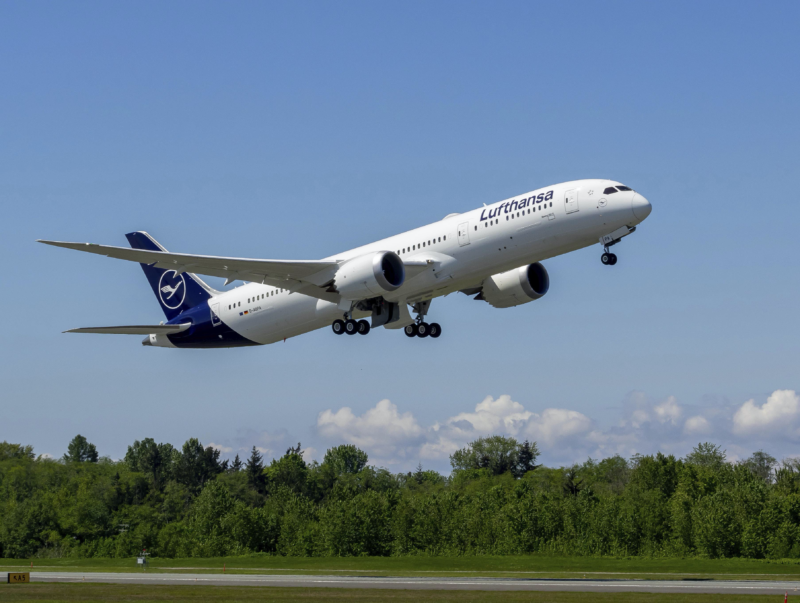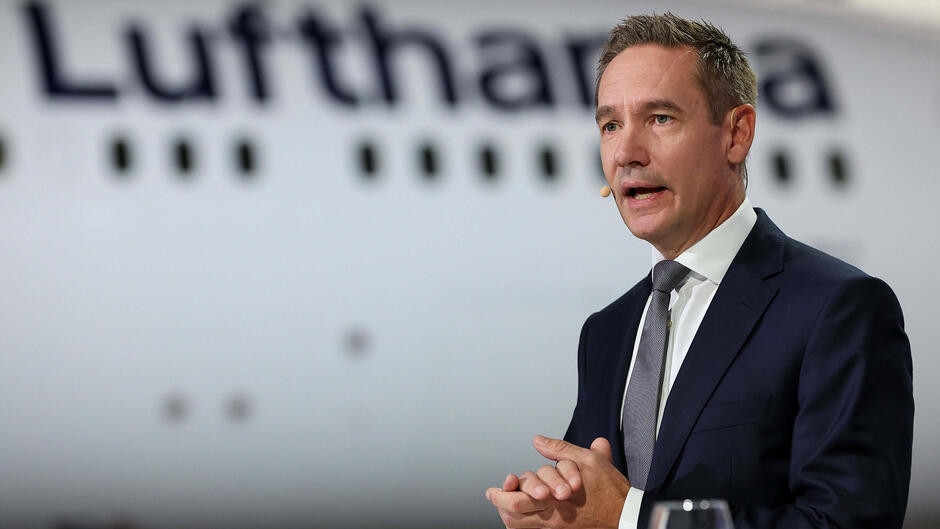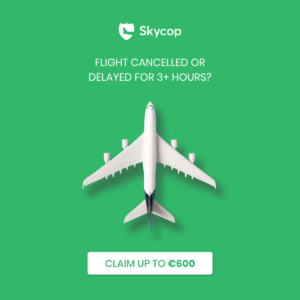As the Lufthansa Group is investing 2.5 billion euros in products and services by 2025, Sam Chui and I have been in Berlin where the national carrier of Germany was presenting its new onboard products. I was speaking with Jens Ritter, the CEO of Lufthansa Airlines in Berlin.
Q: How the carrier plan to deal with the long transition period between the current and the new products, which usually take several years.
“Our general goal is to equip 80 percent of all Lufthansa and SWISS long-haul aircraft with "Allegris" or "SWISS Senses" by 2027 at the latest“, Jens Ritter said on the sidelines of the product launch event in Berlin.
In the medium term, therefore, sub-fleets of the Group with older aircraft types will be retired: the four-engine Boeing 747-400s, Airbus A340-600s and Airbus A340-300s, as the twin-engine Boeing 777-200s, Boeing 767-300s (operating for Austrian Airlines) and Airbus A330-200s.
Q: But as far as the new onboard product is concerned, there will be seven different Business Class offers. Won't that be too complex in terms of the fare structure?
“There are already options to choose from today: between First, Business, Premium Economy and Economy Class, or different fares and seats with more legroom. Now we are offering our passengers even more options – in all travel classes“, the CEO said.
In Business Class, travelers generally book a Classic seat, which offers all the benefits of the new product. For their special requirements, they can then choose one of the other six seats with additional comfort features. “For the first time, passengers can also look forward to their own suite, which offers even more comfort and privacy thanks to chest-high walls and sliding doors“, he said.
Q: Many airlines in Europe will currently increase wet lease capacity to stabilize summer operations. How is Lufthansa dealing with this?
“In general, there are still limiting factors in many places. These are bottlenecks in personnel, especially among our system partners, in aircraft deliveries and in the supply of components and spare parts“, Ritter said.
In Europe and Asia, however, Lufthansa's offering is on the market level and on a par with its competitors. On transatlantic routes, Ritter said Lufthansa is even slightly ahead thanks to its strong A++ joint venture. “At 85% to 90% capacity, we have deliberately planned more conservatively than other airlines. This is because operational stability, reliability, quality and punctuality are our top priorities. We will only include as many flights in the flight schedule as we can reliably fly in the system. And if we see at an early stage that capacity might not be sufficient after all, we adjust our schedule with a long lead time“.
Strike Impact
Q: Germany is affected by numerous trade union strikes, not only at Lufthansa but also in various transport systems and airports. How much does this damage the image of your airline or Germany itself?
“A strike like one that recently affected public sector employees, which brought all air traffic in Frankfurt, Munich and at other airports to a complete standstill and affected several tens of thousands of our passengers, massively damaged the image of aviation and Germany as a whole as a business location. We very much regret this on behalf of our affected passengers. Especially since it had nothing to do with us“, Ritter explained.
Aircraft Deliveries Challenge
Another challenge for the Lufthansa Group is aircraft deliveries. “In principle, there are indeed bottlenecks in aircraft deliveries and in the supply of components and spare parts worldwide at the moment“, Ritter added. Lufthansa and the Group took action here at an early stage, he said.
With the purchase of 22 additional Airbus A350s and Boeing 787s, the group has secured a total of more than 50 latest-generation long-haul aircraft since the beginning of the pandemic. The aircraft will be equipped with a new long-haul cabin – including a new generation of seats in all classes. In total, the Lufthansa Group will take delivery of 108 long-haul aircraft of the latest design over the next few years, such as the A350-1000, A350-900, Boeing 787-9 and Boeing 777-9, Ritter added.

Cover image via handelsblatt.com and IMAGO/HMB-Media




